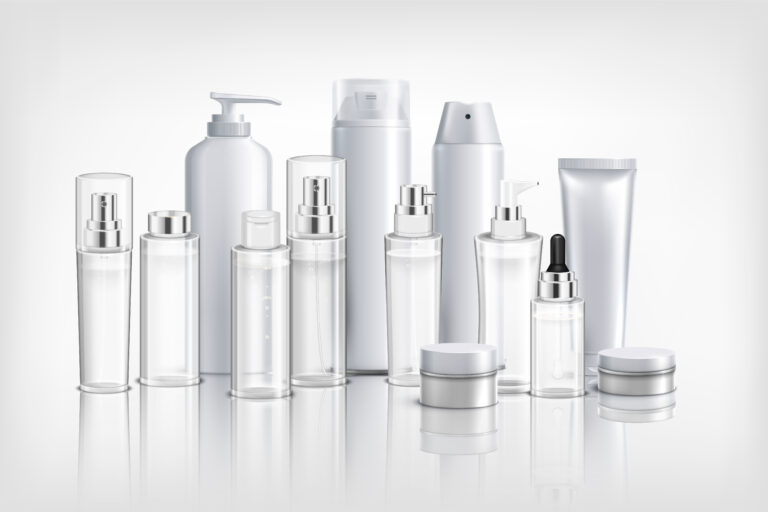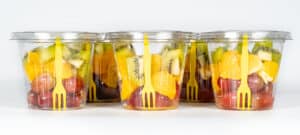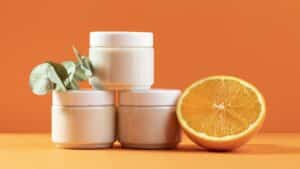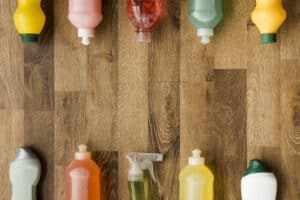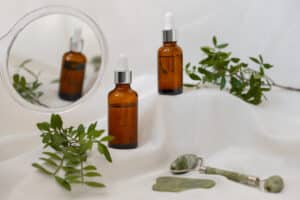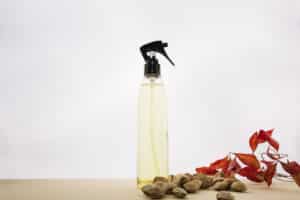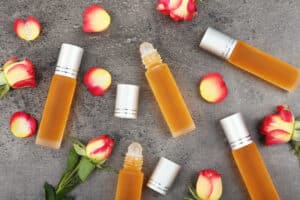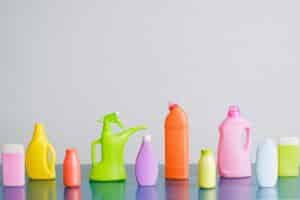When it comes to the beauty and cosmetics industry, presentation is everything. The packaging of a product plays a crucial role in attracting customers and creating a positive first impression. As a B2B business in the cosmetics industry, it is essential to partner with reliable and reputable cosmetic bottle manufacturers who can meet your specific packaging needs. In this article, we will explore the factors to consider when choosing the right cosmetic bottle manufacturers for your B2B needs.
Table of contents
Why choosing the right cosmetic bottle manufacturers matters
The choice of cosmetic bottle manufacturers can significantly impact your business. Here’s why it matters:
- Quality: High-quality packaging reflects positively on your brand and products. Working with reputable manufacturers ensures that you receive top-notch cosmetic bottles that are durable, leak-proof, and visually appealing.
- Customization: Every brand has its unique requirements and aesthetic preferences. Choosing the right manufacturer allows you to customize your cosmetic bottles, including the size, shape, color, and labeling options, to align with your brand identity.
- Efficiency: Timely delivery and a reliable supply chain are crucial for any B2B business. A reputable manufacturer will have efficient production processes and logistics in place to ensure on-time delivery, helping you meet your customer demands.
- Compliance: The cosmetics industry is subject to various regulations and standards. Working with reputable manufacturers ensures that your packaging meets all necessary regulatory requirements, ensuring the safety and integrity of your products.
7 Factors to consider when choosing cosmetic bottle manufacturers
When choosing cosmetic bottle manufacturers for your B2B business, there are several factors to consider. Here are the key factors to keep in mind:
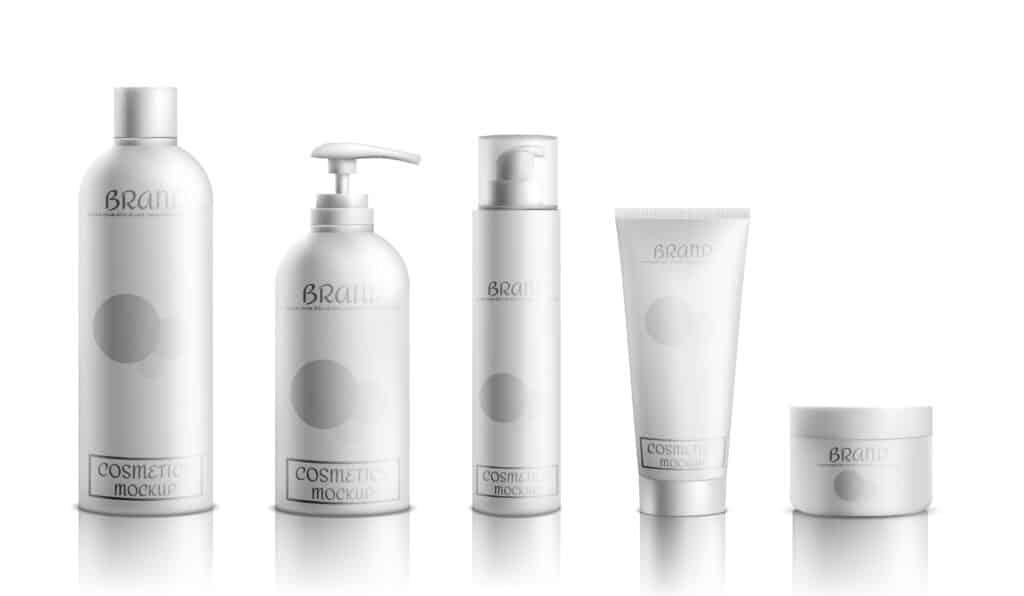
1. Quality and material
The quality and material of the cosmetic packaging supplies are crucial for ensuring customer satisfaction and the integrity of your products. Look for manufacturers who use high-quality materials that are safe, durable, and suitable for your specific cosmetic products. Additionally, consider factors like leakage prevention, UV protection, and compatibility with various formulations.
2. Customization options
As a B2B business, you may have specific design and branding requirements for your cosmetic bottles. Choose manufacturers that offer customization options such as different shapes, sizes, colors, and finishes to align with your brand identity. The ability to add unique features, like embossing or labeling, can enhance the overall aesthetic appeal of your products.
3. Production capacity
Consider the production capacity of the cosmetic bottle manufacturers. Can they handle your projected order volumes? Ensure that the manufacturer can meet your demand consistently and efficiently. It’s also a good idea to inquire about their lead times, production capabilities, and any potential limitations that may impact your business.
4. Certifications and compliance
Verify that the cosmetic bottle manufacturers comply with industry standards and regulations. Look for certifications such as ISO 9001 or ISO 14001, which indicate adherence to quality management and environmental management systems. Additionally, check if they follow Good Manufacturing Practices (GMP) to ensure product safety and hygiene.
5. Pricing and minimum order quantities (MOQs)
Pricing plays a pivotal role in your decision-making process. Compare prices from different cosmetic bottle manufacturers to find a balance between quality and affordability. Additionally, consider the minimum order quantities (MOQs) required by each manufacturer. Ensure that the MOQ aligns with your business needs and budget.
6. Customer reviews and reputation
Research customer reviews and testimonials about each cosmetic bottle manufacturer. Look for feedback on the quality of their products, customer service, and overall satisfaction. A reputable manufacturer will have positive reviews and a solid reputation within the industry.
7. Communication and support
Effective communication is crucial when collaborating with cosmetic bottle manufacturers. Look for manufacturers who prioritize clear and prompt communication, providing updates on production, shipping, and any issues that may arise. It’s also important to consider their level of customer support and responsiveness to address any concerns or inquiries.
Conclusion
Choosing the right cosmetic bottle manufacturers for your B2B business is essential for ensuring high-quality packaging that aligns with your brand and product offerings. Consider factors such as quality, customization options, production capacity, certifications and compliance, pricing, and MOQs, customer reviews and reputation, as well as communication and support. By selecting the right manufacturer, you can enhance your brand image, meet customer expectations, and drive growth in the cosmetics industry.
FAQs
1. What are cosmetic bottles made of?
Cosmetic bottles are commonly made from various plastics, such as PET (Polyethylene Terephthalate), HDPE (High-Density Polyethylene), and PP (Polypropylene). Plastic bottles are favored for their versatility, lightweight nature, and cost-effectiveness in the cosmetics industry.
2. How to design your own cosmetic packaging?
To design your own cosmetic packaging, define your brand identity, consider product characteristics and regulatory compliance, choose materials wisely, create a visually appealing design with branding elements, prioritize practicality, and functionality, develop mockups for visualization, ensure print specifications are accurate, gather feedback for refinement, and collaborate with a reliable manufacturer for production and quality control.
3. How can I make my product packaging attractive?
To make your product packaging attractive, focus on a visually appealing and cohesive design with clear branding. Use high-quality imagery, consider packaging shape, prioritize key information, employ color psychology, and, if applicable, highlight sustainability. Incorporate interactive elements for engagement, maintain consistency across products, and tailor the design to your target audience. Test and iterate based on feedback for a compelling and effective packaging solution.
4. What makes good brand packaging?
Good brand packaging is visually appealing, aligns with the brand identity, and maintains consistency. It communicates information clearly, offers a positive user experience, and stands out through differentiation and memorability. Quality perception, adaptability, and consideration for environmental impact are also crucial. Successful packaging tells a brand story, resonates with the target audience, and may incorporate innovative elements. Regular testing and iteration based on consumer feedback ensure ongoing effectiveness.

